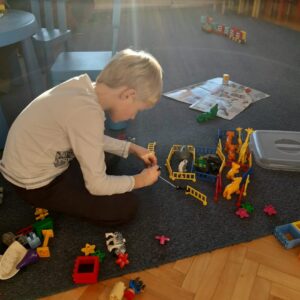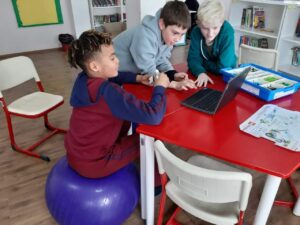

- EARLY LEARNING
Children are born with natural curiosity and creativity and are eager to learn. The modules we offer for early education help children understand the world around them by exploring topics like language and literacy, early math and science, physical coding, and social and emotional development.
We use various games and lessons developed using guidelines from national standards to help students ignite a passion for lifelong learning. The solutions we use target 4 categories of early learning: 1)Early Math and Science; 2) Social and Emotional Development: 3) Early Language and Literacy, and 4) Creative Exploration.
The preschool years are an exciting and irreplaceable time in students’ education because they lay the foundation for their future character. At this age, children learn primarily through play so it’s up top preschool educators to make sure that play is infused with effective learning experiences that help children build essential life skills while having fun in the process.
Lego Education solutions are built for this. Using Lego and LEGO Duplo bricks and rich teaching resources, we help preschool educators develop strong foundations in four key categories: Early Math and Science, Social & Emotional Development, Early Language and Literacy, and Creative Exploration. For Special Education Educators.

